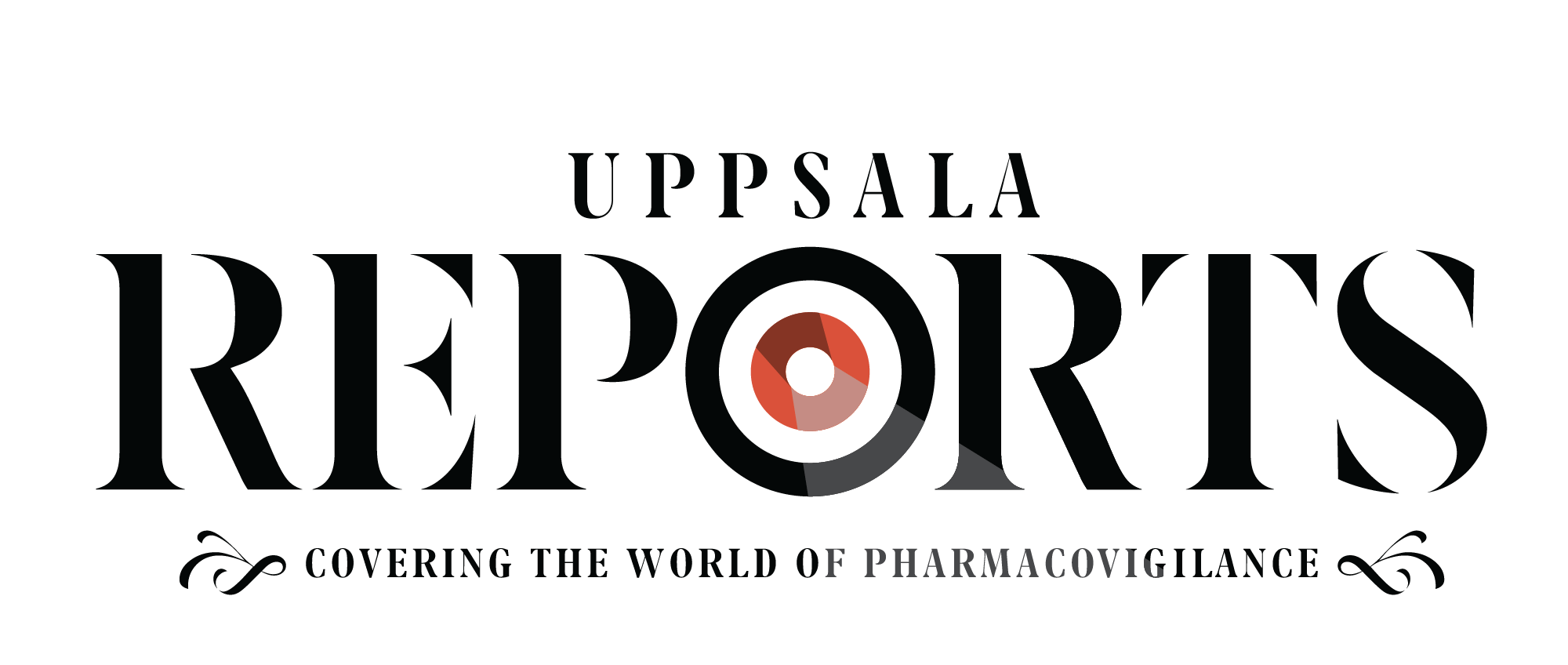
As some of Uppsala Reports’ readers may have already seen, UMC recently created an animated explainer video to raise awareness of vigiGroup – UMC’s cluster analysis method developed to identify groups of ADR reports with similar adverse events. The purpose of the video, which was shared widely on social media, was to offer an alternative way to communicate the methodology put forward in UMC’s academic paper “Consensus clustering for case series identification and adverse event profiles in pharmacovigilance.”
At UMC, we are always looking to develop, evolve, and refine how we communicate the science of pharmacovigilance, and this project provides us with an excellent opportunity to do just that. We would like to assess the effectiveness of animated explainer videos to convey complex scientific methods by getting feedback from you, our readers, in the form of a short survey. It will only take a few minutes of your time and you don’t need a PV or scientific background to take part.
The survey, along with the explainer video, is available here:
Thanks for you help.




